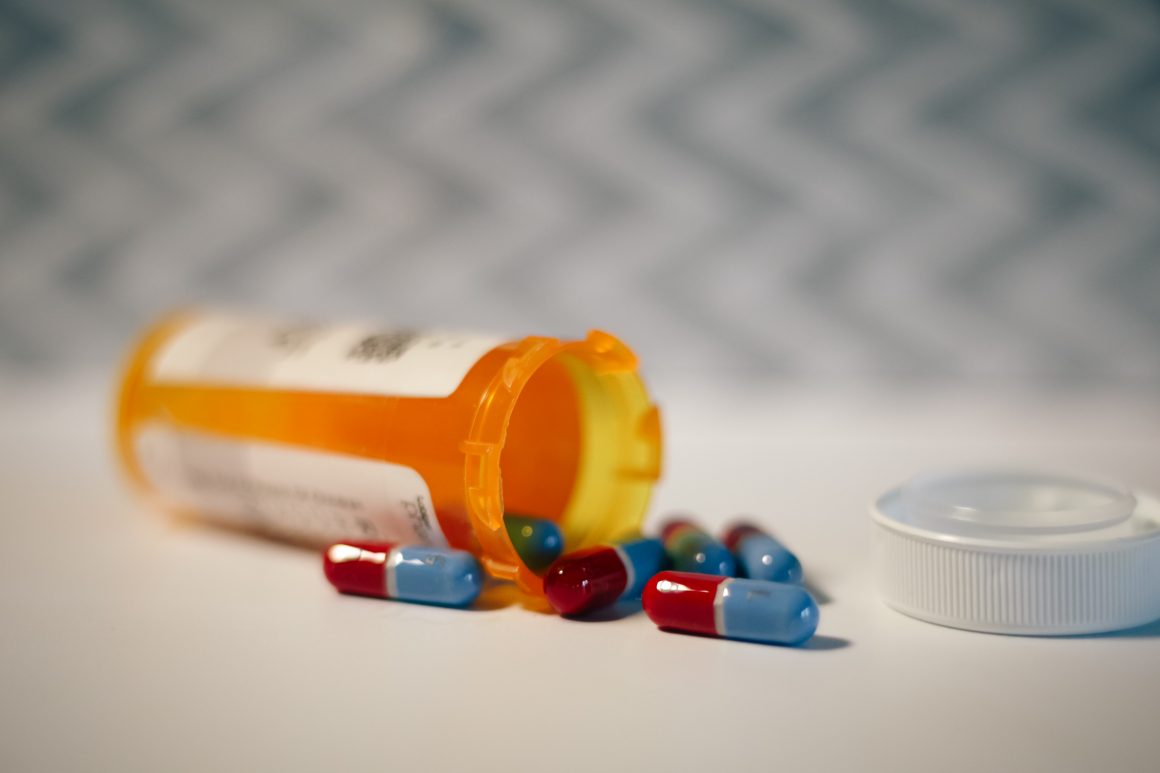
Substance Use Advisory Group aims for stigma reduction with updated Opioid Project
By Matty Hume, October 16 2018 —
At the Oct. 2 meeting of Students’ Legislative Council, Students’ Union vice-president student life Nabila Farid reported attending a Substance Use Advisory Group meeting, where updates to the group’s Opioid Project were announced and discussed.
In addition to Farid, the Substance Use Advisory Group is composed of SU Wellness Centre director Debbie Bruckner, a Graduate Students’ Association representative, persons with lived experience and researchers from the Faculty of Nursing. Naweid Dar of the SU Wellness Centre sits on the advisory group as project lead.
According to Farid, the Opioid Project focuses on two primary goals — awareness and education.
“The first goal is to create a comprehensive substance-use opioid harm-reduction campaign that is recognized all across campus, so once you say it people know what you’re talking about,” Farid said. “The second part is to educate campus community members about how there is no typical opioid user and that it affects us all as a whole.”
According to Farid, the key update to the Opioid Project is a comprehensive plan for the awareness campaign, which will be implemented in three stages.
“The first one would be just general education and stigma reduction awareness on campus. The second one is awareness of the Good Samaritan Law campaign,” she said. “The third and final one is recognizing the stigma around opioids as well as naloxone kit training.”
The Good Samaritan Drug Overdose Act became law in Canada in May 2017. According to the Government of Canada, the law acts to “provide immunity from simple possession charges for those who call 911 in the case of an overdose.”
Tied to increasing awareness of the Good Samaritan Drug Overdose Act is the advisory group’s plan to offer naloxone kit training for campus community members.
“Naloxone is a drug that directly reverses the effects of opioids. [Naloxone kits] are available on campus for anyone to pick up for free from units like the SU Wellness Centre, Varsity Pharmacy and the Student Medical Response Team,” Farid said. “They’re great to have if anybody has used opioids in the past or is currently using them, so [those with a] higher risk of overdose essentially. Or anybody who’s just looking to help out — if you see a crisis and want to jump in it’s great to have one.”
According to Farid, the Substance Use Advisory Group plans on hosting naloxone kit training sessions in fall 2019.
Farid also said a major part of the awareness-centred tenant of the Opioid Project is the use of “peer influencers,” which will be led by Alex Klassen of the SU Wellness Centre.
“This is kind of an educational piece for peers around campus — whether it’s students, faculty or staff — about the Good Samaritan Law and how they can spread the word in their respective peer groups,” Farid said. “Training around awareness and anti-stigma [are included in the peer influencer role] as well.”
Once the Opioid Project is more recognizable by name through the awareness campaign, the Substance Use Advisory Group plans on holding various educational events on campus.
“They’re planning to provide an opportunity for all faculty, staff and students to come together as a campus community. The big thing is having three events throughout the year,” Farid said. “Everything is based on stigma reduction and awareness because we’re kind of shifting from cannabis to opioids, so we want people to know what is it, what overdosing looks like and stigma surrounding it.”
According to Farid, one of the three events will target the entire campus community, while the other two may be framed for specific faculties or specialized campus groups. She added that the purpose of the specialized events is to make the opioid-centred content suitable for the specific groups without losing the Opioid Project’s key messaging.
Farid said ongoing information on the Opioid Project will become available to students through the awareness campaign. In the meantime, she said stigma reduction is the priority.
“I think the central idea that I really value in this project is to recognize that opioids don’t just affect the people that may pop up in our heads when we think of addictions or the social welfare, but I think it truly impacts us as a whole,” she said. “It can be somebody that you go to school with, it could be somebody who mentors you. Whoever it is, it’s really important for us to continuously work on things like this.”
More information about opioid use and harm reduction is available at the SU Wellness Centre. In addition to the SU Wellness Centre and Varsity Pharmacy, naloxone kits are available at most walk-in clinics and pharmacies in Alberta without identification. A complete list of clinics and pharmacies offering naloxone kits in Alberta is available here.
